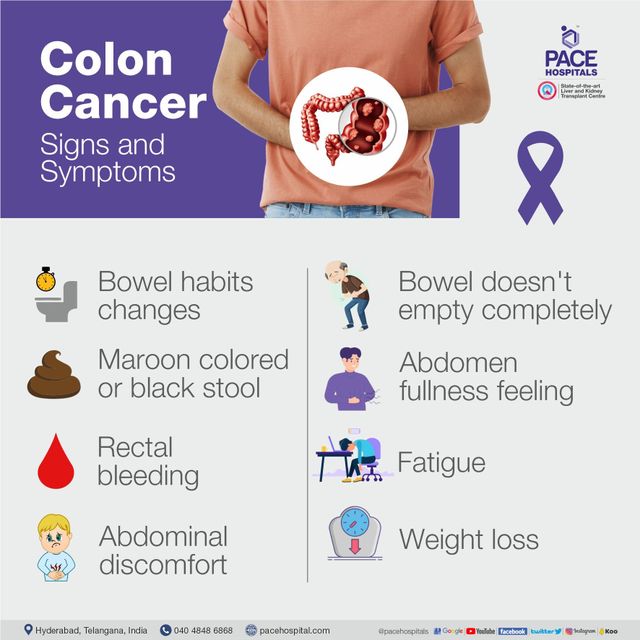
Breaking down the Progression of Colon Cancer and Its Symptoms
Cancer continues to be a significant health concern worldwide, affecting millions of people each year. Colon cancer, specifically, is a type of cancer that affects the large intestine, also known as the colon. Being one of the most common types of cancer, it is of utmost importance to understand its progression and recognize its symptoms for early detection and effective treatment. In this article, we will delve into the progression of colon cancer and its symptoms in detail.
To comprehend the progression of colon cancer, it is essential to comprehend the structure and function of the colon. The colon is a hollow tube-like organ located at the end of the digestive tract. It plays a vital role in absorbing water and nutrients from the food we consume and eliminating waste products from the body. Colon cancer typically begins as a small, noncancerous growth known as a polyp, which forms on the inner lining of the colon.
Initially, these polyps are benign and harmless, often without any noticeable symptoms. However, as time progresses, certain types of polyps can turn into malignant tumors, leading to the development of colon cancer. This progression generally occurs over a period of several years, starting from the initial formation of the polyp to the full-blown cancerous stage.
The progression of colon cancer can be categorized into four primary stages, according to the TNM (Tumor, Node, Metastasis) staging system used by doctors. In the early stages (Stage 0 and Stage I), the cancer is limited to the innermost layers of the colon, with no invasion into the deeper tissues or lymph nodes. As the disease advances to Stage II, the cancer penetrates the wall of the colon but is still confined within the organ, not spreading to nearby lymph nodes. In Stage III, the cancer spreads to the regional lymph nodes but has not yet metastasized to distant sites. Finally, in the most advanced stage (Stage IV), the cancer has spread to distant organs like the liver or lungs, indicating metastasis.
Understanding the symptoms associated with colon cancer is crucial for its early detection and treatment. Initially, in the early stages, most people with colon cancer may not experience any noticeable symptoms. However, as the disease progresses, several common signs may emerge, making it essential to be vigilant and attentive to one’s health.
The most common symptom of colon cancer is a change in bowel habits. This may include persistent diarrhea or constipation, a change in stool consistency (such as pencil-thin stools), or a feeling of incomplete bowel movements. Additionally, rectal bleeding or blood in the stool, often in the form of dark or bright red blood, can be indicative of colon cancer.
Abdominal discomfort, such as persistent abdominal pain, cramps, or bloating, can also be a sign of colon cancer. Unexplained and unintended weight loss, along with fatigue and weakness, might also be experienced in the advanced stages of cancer. Moreover, individuals with colon cancer may occasionally encounter iron-deficiency anemia due to chronic bleeding in the colon.
While these symptoms are not exclusive to colon cancer and may be caused by other health conditions, it is crucial not to ignore them. If any of these symptoms persist for an extended period or worsen over time, it is wise to consult a healthcare professional promptly.
In conclusion, understanding the progression and symptoms of colon cancer is paramount to ensure early detection and appropriate treatment. As one of the most prevalent forms of cancer, being aware of the stages of progression, from the formation of benign polyps to metastasis, can significantly help in diagnosing and treating the disease. Moreover, recognizing and monitoring symptoms like changes in bowel habits, rectal bleeding, abdominal discomfort, and unexplained weight loss can provide valuable insight into one’s health and help detect colon cancer at its earliest stages, increasing the chances of successful treatment and long-term survival.

















